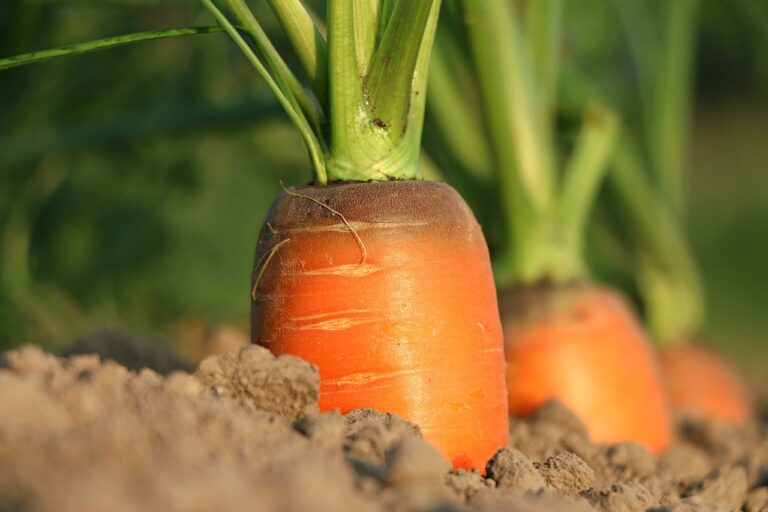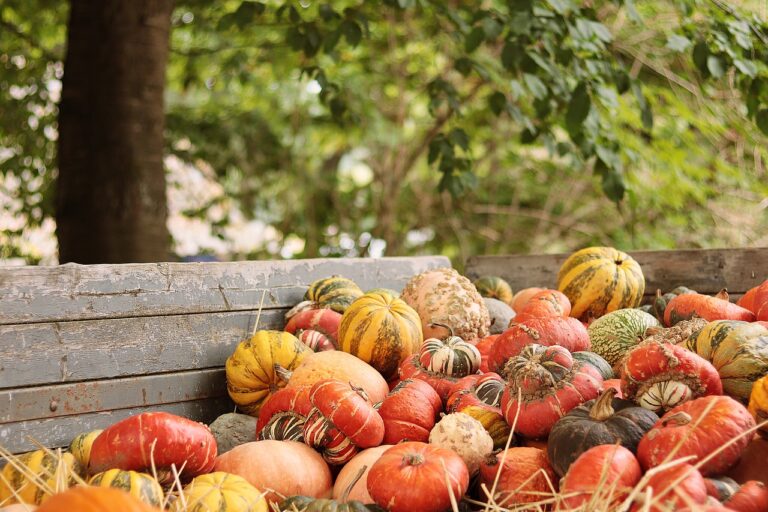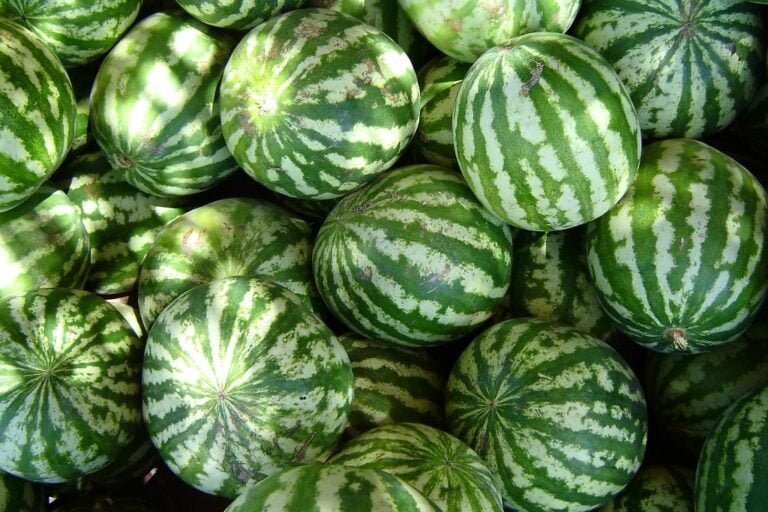The Benefits of Feeding Grits to Chickens
Feeding grits to chickens aids in digestion by breaking down tough foods in the gizzard. Grit, as small stones, helps grind food for better nutrient absorption. It decreases the likelihood of digestive issues like sour crop. Grit improves essential nutrient absorption important for chicken growth. It supports a balanced gut microbiome for overall health. The calcium in grits promotes strong eggshell development. Cost-effective, it optimizes digestion and reduces nutrient deficiencies. Overall, the benefits of grit for chickens are extensive and essential.
Improved Digestion Efficiency
Grit plays a vital role in enhancing the digestion efficiency of chickens by aiding in the breakdown of tough foods within their digestive system. In the absence of teeth, chickens rely on the gizzard, a muscular organ, to grind food. Grit, which can be small stones or insoluble particles, is ingested by chickens and accumulates in the gizzard. This grit acts as an abrasive material, helping to break down grains, seeds, and other hard foods that chickens consume.
As these stones move around in the gizzard, they effectively pulverize the food into smaller particles, allowing for better nutrient absorption in the intestines. The grinding action facilitated by grit ensures that the food is thoroughly processed, enabling the chicken to extract essential nutrients more efficiently. By promoting proper digestion, grit reduces the likelihood of digestive issues such as sour crop, which can arise from undigested food.
Furthermore, the use of poultry grit in chicken diets supports the smooth functioning of the digestive system, optimizing nutrient absorption. A well-maintained gizzard with an adequate supply of grit is essential for chickens to derive maximum nutritional benefits from their feed. Incorporating grit into a chicken’s diet is fundamental for enhancing their digestion efficiency and overall health.
Enhanced Nutrient Absorption
Improving nutrient absorption in chickens is important for maximizing their overall health and well-being, with grit playing a significant role in this process. Chicken grit, which consists of small stones, aids in the digestive process by helping to break down food more effectively in the gizzard, a part of the chicken’s stomach. This breakdown of food is essential for proper digestion, ensuring that chickens receive essential nutrients from their feed.
When chickens have access to grit, their nutrient absorption is optimized. Grit helps chickens absorb vitamins and minerals more efficiently from their diet. The presence of grit in the digestive system improves the overall digestion process, leading to improved absorption of essential nutrients necessary for the chickens’ growth, development, and overall health.
Healthier Gut Microbiome
Promoting a healthier gut microbiome in chickens involves nurturing a essential and varied population of beneficial bacteria within their digestive system. Grits play a pivotal role in improving the chicken’s gut health by aiding in digestion and nutrient absorption. These small, rough-textured particles act as pebbles that the chicken consumes and store in their gizzard, a muscular organ where food is ground down. The grinding action of the gizzard, aided by the grit, helps break down the feed into smaller particles, facilitating better nutrient absorption.
Furthermore, grit consumption contributes to the maintenance of a balanced gut microbiome, necessary for the chicken’s overall health. The presence of beneficial bacteria in the gut not only aids in digestion but also supports improved immune function in chickens. A diverse gut microbiome ensures that the chicken can effectively extract essential nutrients from their feed, promoting ideal health and well-being.
Additionally, the calcium content in grits is beneficial for chickens as it supports the development of strong eggshells. By fostering a healthy gut microbiome through grit consumption, chickens can maintain robust digestive health, efficient nutrient absorption, and enhanced immune function, ultimately leading to improved overall well-being.
Stronger Eggshells
Cultivating ideal eggshell strength in chickens requires a diet abundant in calcium, an essential mineral for strengthening shell integrity and durability. Achieving the desired eggshell strength in chickens necessitates a diet rich in calcium, a vital mineral for enhancing shell integrity and durability. In terms of eggshell development, the inclusion of insoluble grit in the diet plays a vital role. Here are three key points to illustrate the importance of grit for stronger eggshells:
- Chickens Need Calcium for Eggshell Formation: Laying hens require a sufficient amount of calcium to produce eggs with firm shells. Calcium is essential not only for the structural support of the egg but also for the regulation of various physiological processes involved in egg production.
- Grit Aids Chickens in Digesting Calcium: The gizzard, a muscular organ in a chicken’s digestive system, contracts and grinds the food with the help of small pebbles or grit. The presence of grit in their diet assists chickens in breaking down calcium sources effectively, making it easier for them to absorb and utilize this essential mineral for eggshell development.
- Ensuring Durable Eggshells: By providing chickens with grit in their diet, you are promoting excellent eggshell quality. The grit aids in the formation of strong and durable shells, reducing the likelihood of breakage and ensuring that the eggs laid by the chickens maintain their integrity.
Cost-Effective Feed Supplement
Incorporating grit into chicken feed serves as a cost-effective solution to improve overall chicken health and digestion. Grit, whether in the form of chick grit or soluble grit, plays a vital role in aiding the gizzard of chickens in breaking down food for better digestion. The gizzard is a muscular part of the chicken’s digestive system that grinds food into small pieces, especially important for birds that consume whole grains. By providing chickens with grit, such as small stones or pebbles, owners can guarantee that their poultry can effectively process their food, leading to improved nutrient absorption and overall health.
When chickens lack access to grit in their diet, they may struggle to break down larger food particles, leading to digestive issues and potential nutrient deficiencies. Incorporating grit into chicken feed is a practical and economical choice for chicken owners looking to optimize their flock’s digestive health without incurring significant costs. By reducing the strain on the digestive system through the use of grit supplementation, chickens can maintain peak health and potentially reduce veterinary expenses associated with digestive problems. Overall, the cost-effectiveness of integrating grit into chicken feed highlights its importance as a valuable feed supplement for poultry management.






